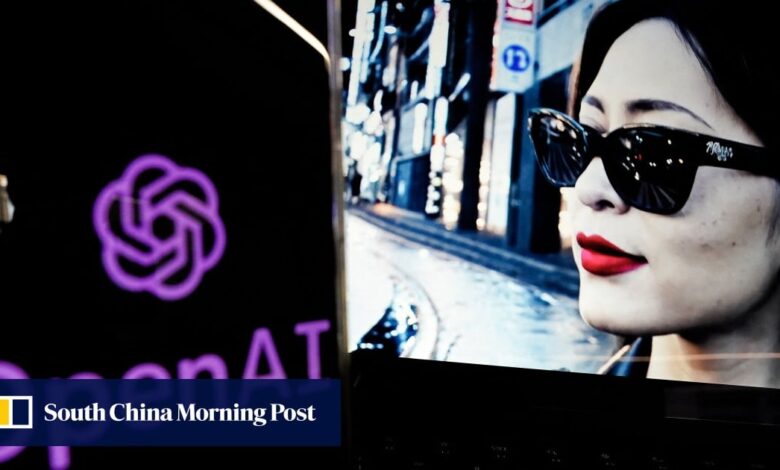China’s 4 new ‘AI tigers’ – Baichuan, Zhipu AI, Moonshot AI and MiniMax – emerge as investor favourites

A group of artificial intelligence (AI) start-ups are emerging as China’s best hopes for reaching the frontier of ChatGPT-like technology, as they draw increasing attention from users and investors.
Among them, Baichuan is the latest to complete a new round of fundraising. While the start-up told the Post on Thursday that there had been some “discrepancies” in local reporting about the amount raised, several outlets estimated Baichuan’s latest valuation to be at about US$1.8 billion.
That puts the Beijing-based company in a league of domestic AI unicorns – start-ups valued at more than US$1 billion – that also include Zhipu AI, Moonshot AI and MiniMax.
Since Microsoft-backed start-up OpenAI debuted ChatGPT in late 2022, Chinese Big Tech firms and start-ups alike have been racing to draw users to their generative AI services, which are capable of creating content, such as text, images, videos and audio.
About 200 large language models (LLMs) – the technology underpinning generative AI services – have been launched in China so far, according to government figures.
Baichuan was founded a year ago by Wang Xiaochuan, founder of Sogou – once the largest rival to Chinese internet search giant Baidu before being sold to social media and video gaming giant Tencent Holdings.
The venture, which develops its own LLMs, is led by a team that includes Wang’s long-time aide and former Sogou chief operating officer, Ru Liyun.
To date, Baichuan has released three versions of its eponymous AI models, the latest of which the company said had surpassed OpenAI’s most advanced GPT4 model in Chinese language capability, citing multiple benchmark tests.
Baichuan announced last October that it raised US$300 million from backers including Tencent, smartphone maker Xiaomi, and e-commerce giant Alibaba Group Holding, which owns the Post.
The money raised would be used to further develop its foundation models and build an industry ecosystem, Zhipu AI said at the time. By that point, it was valued at more than US$1.3 billion.
OpenAI’s Sora pours ‘cold water’ on China’s AI dreams
OpenAI’s Sora pours ‘cold water’ on China’s AI dreams
Zhipu AI was founded in 2019 to build on research from the Knowledge Engineering Group of Beijing’s prestigious Tsinghua University. The start-up’s chief executive, Zhang Peng, graduated with a doctorate from Tsinghua’s computer science department.
The two other new tigers – Moonshot AI and MiniMax, founded in 2023 and 2021, respectively – both saw their recent valuation rise to roughly US$2.5 billion.



